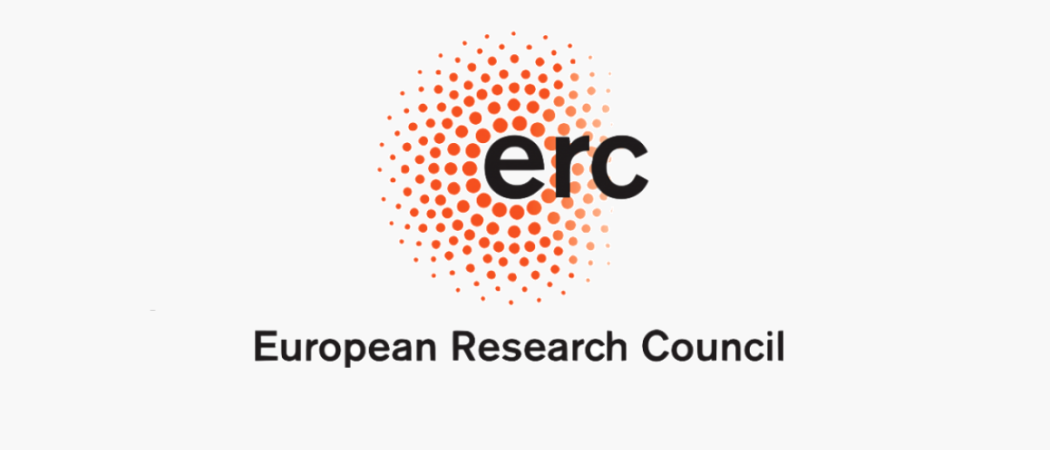Leaked draft indicates there will be no open calls for synergy and proof of concept grants this year. About 980 projects will be funded, down from 1,213 in 2020

The European Research Council (ERC) will open three calls for proposals in 2021, two less than in 2020, because both synergy and proof of concept grants have been suspended this year.
Synergy grants, which fund groups of up to four principal investigators, have been suspended for this year due to the late transition to the new research programme, Horizon Europe, but are likely to reinstated in 2022. The delay is a knock-on effect of the very late agreement on the seven-year EU budget last December.
Meanwhile, proof of concept grants, for demonstrating the commercial feasibility of ERC-funded research, are currently under revision.
Through three bottom-up funding calls with a total budget of almost €1.9 billion, ERC expects to back 980 projects this year, compared to 1,213 in 2020.
During the long negotiations over the Horizon Europe budget, researchers raised concerns that success rates for ERC applicants may fall if funding for the agency is not increased above Horizon 2020 levels. With current success rates of 12%, ERC is already unable to finance all the excellent scientists applying for financing. But since the budget deal in December, Commission officials have said they don’t expect success rates to suffer. In fact, some say, they might even improve, because further delays in opening Horizon Europe to non-EU countries like Switzerland and Britain may mean their researchers miss the first few calls of 2021, and so the pool of eligible applicants is lower than normal.
Facing a clamour from researchers asking for details on how and when they can start applying for 2021 grants, ERC had planned to publish the draft work programme for the year in the first week of February.
At the launch of Horizon Europe this week, ERC president Jean-Pierre Bourguignon stressed the need “to inform the scientific community as soon as possible about the pending grant competitions,” and called for a timely opening of the calls.
Now however, ERC says publication is postponed until the programme is formally adopted by the European Commission.
A spokesman confirmed to Science|Business that the call dates in the leak draft are as currently envisaged.
Starting grants
The first call for proposals to go live this year will be the starting grants, which support researchers in any field setting up their first independent research teams or programmes. Early career researchers that received their PhD between 2014 and 2018 will be able to submit applications from 25 February - 24 March.
As in previous years, they can request up to €1.5 million for five years and a potential add on grant of up to €1 million. The total budget for the call is €619 million and it expected 413 projects will be funded.
Consolidator grants
The call for consolidator grants for mid-career researchers will go live on 11 March and close on 20 April.
The €633 million on offer will fund 317 research projects. Each grant will be worth up to €2 million for five years, with an opportunity to get a €1 million top-up.
This call will finance fundamental research in any field and must be led by a researcher who was awarded a PhD between 2009 and 2013.
Advanced grants
Researchers with a significant track record over the last 10 years can submit proposals for an advanced grant from 20 May to 21 August. A total of €626 million will fund an estimated 250 projects.
Starting this year, the principal investigators in projects that reach the second step of the selection process will be invited to present their proposal to the evaluation panel. Until now, this step was reserved for starting and consolidator grant applicants.
Each applicant can ask for up to €2.5 million for the next 5 years, with the option to request a top-up of up to €1 million.
Editor's note: The story was updated on 8 February to clarify the reasons for delay in the calls and the possible impact on success rates





 A unique international forum for public research organisations and companies to connect their external engagement with strategic interests around their R&D system.
A unique international forum for public research organisations and companies to connect their external engagement with strategic interests around their R&D system.